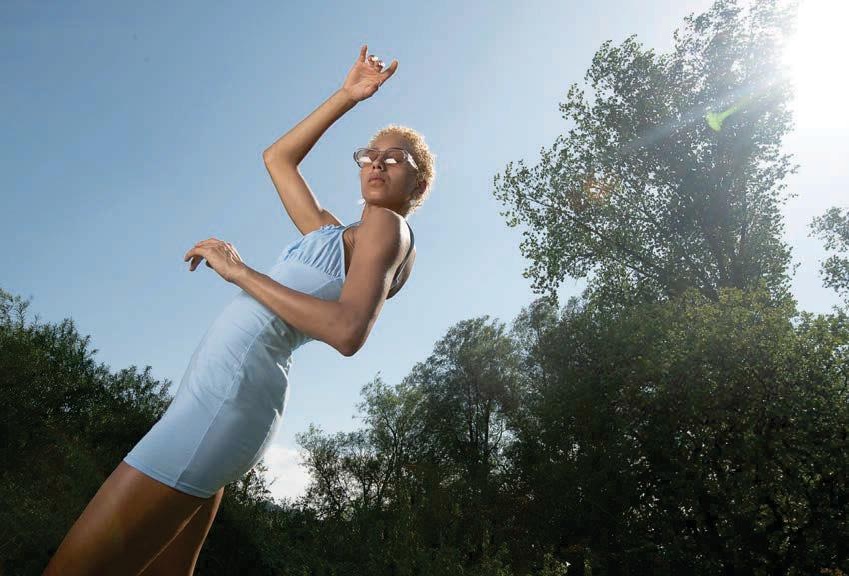
Colour grading is something we associate with video editing, but as the boundaries between video and stills - as well as photographers and videographers - become increasingly blurred, it's a technique that is ever more relevant to photographers. But what exactly is colour grading? And what tools and apps do we need to carry it out? Over the next few pages we'll explore some of the key techniques for colour grading in Lightroom and Photoshop, and show you how to create classic colour grading looks.
Photo editing can be divided into two broad stages. First is the correction stage, where we fix white balance, fine-tune exposure, crop and make other tweaks. Then comes the creative stage, where we create an atmosphere. This is where colour grading can be so effective. It's a great mood enhancer, whether we want to give our photos a warm, sunny vibe, a cold sombre feeling, or a retro makeover. By mapping colours onto the highlights, mid-tones or shadows, we can take our images in all kinds of interesting directions.
Lightroom colour grading
The best place to begin colour grading in Lightroom is - no surprise - the Colour Grading panel. A replacement to the old Split Toning panel, this invites you to add colour tints to the shadows, mid tones and highlights in your photos (of course, you don't necessarily have to tint all three). As with most photo edits, you're better off starting with a raw file than a JPEG as there's more colour information to work with, and therefore greater headroom for editing. What's more, with raws you can set a white balance after the fact with exactly the same results as if you'd done so before taking the shot, which gives you greater freedom both for correcting colour casts and introducing creative colour shifts.
The power of Profiles
Diese Geschichte stammt aus der September 20, 2022-Ausgabe von Amateur Photographer.
Starten Sie Ihre 7-tägige kostenlose Testversion von Magzter GOLD, um auf Tausende kuratierte Premium-Storys sowie über 8.000 Zeitschriften und Zeitungen zuzugreifen.
Bereits Abonnent ? Anmelden
Diese Geschichte stammt aus der September 20, 2022-Ausgabe von Amateur Photographer.
Starten Sie Ihre 7-tägige kostenlose Testversion von Magzter GOLD, um auf Tausende kuratierte Premium-Storys sowie über 8.000 Zeitschriften und Zeitungen zuzugreifen.
Bereits Abonnent? Anmelden

Calling The Shots: A Queer History of Photography
Offering an unprecedented view of photographic history through a queer lens, this is a wonderful and powerful book, says
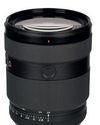
Large-aperture standard zoom, too
SONY has also revealed a new premium standard zoom, the FE 28-70mm F2 GM.

Super-fast, high-res Sony Alpha Ai II
SONY has announced its new professional full-frame flagship camera, the Alpha A1 II.
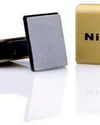
39 awesome accessories
Our round-up of the best accessories we've used and reviewed this year, along with some old favourites. There's something here for every budget, starting from just £7, including tripods, bags, filters and much more

Such a thing as society
This autumn sees the launch of a major new book and exhibition devoted to examining the multiplicities of photography during 1980s Britain. Peter Dench finds out more

Join Club
The sociable Canvey Island Photographic Club is keen to grow its in-person meet ups

Capturing flight
Winners and finalists of Bird Photographer of the Year share their tips for success with Hollie Latham Hucker
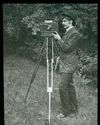
140 years of change
AP has become the world’s oldest surviving consumer photo magazine because we have moved with the times, says Nigel Atherton

Preserving history in platinum
A deep dive into the meticulous art of platinum printing, and the collaboration between the Royal Geographical Society and Salto Ulbeek. Mike Crawford explores how they brought historical photographs to life with enduring beauty and precision
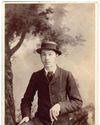
Life in the past lane
What was life like for an amateur photographer in 1884? John Wade takes a trip back in time